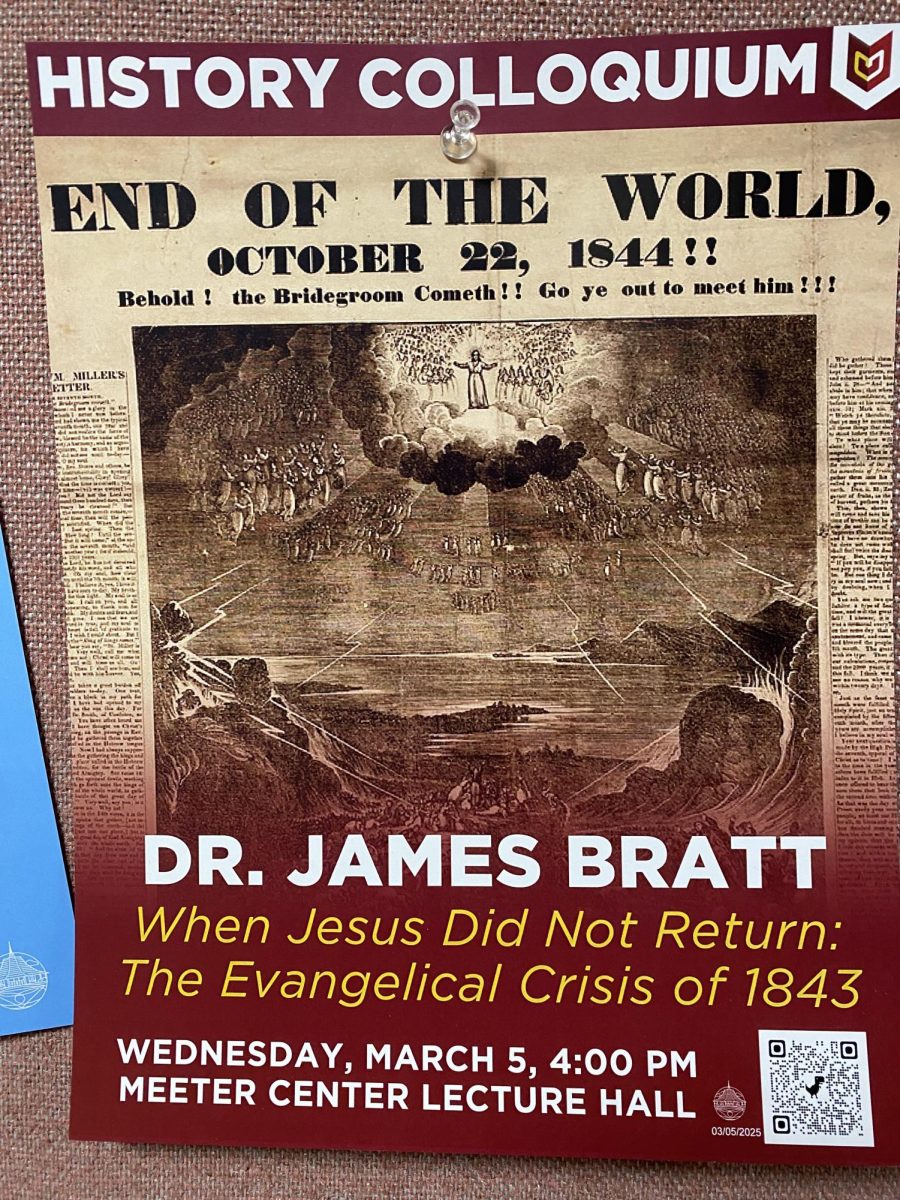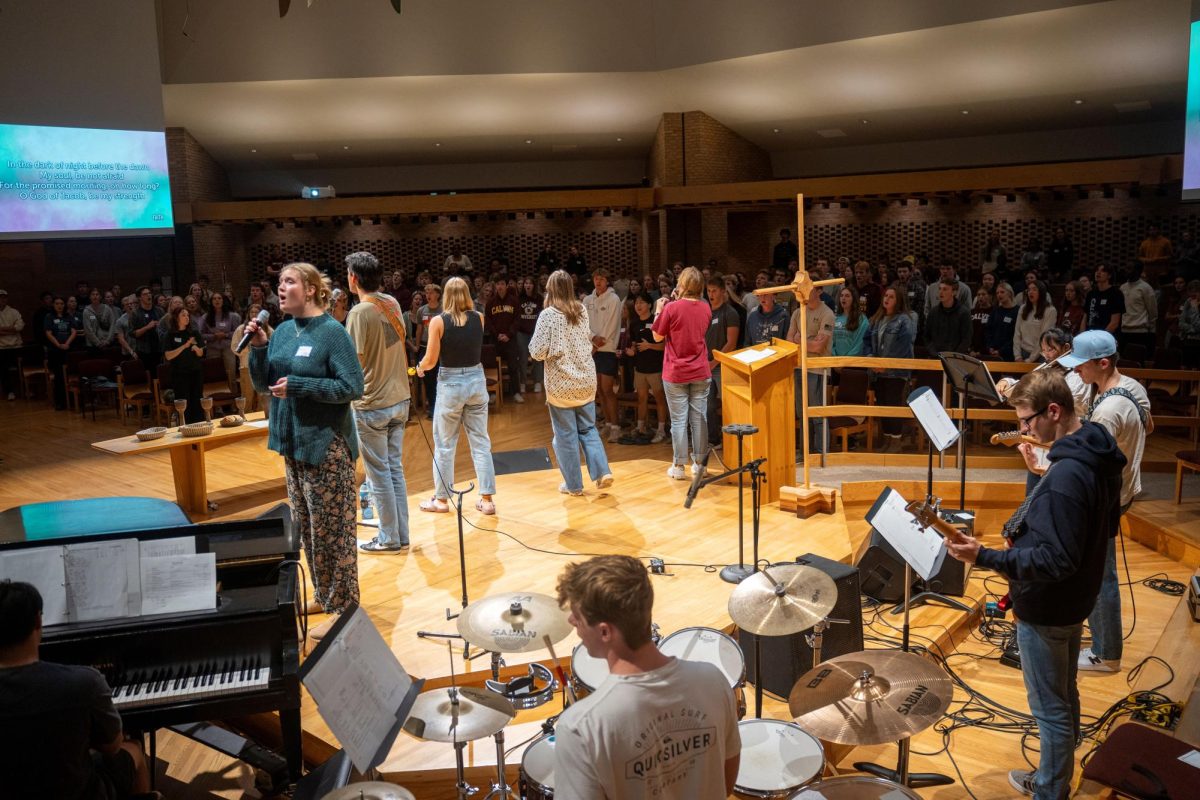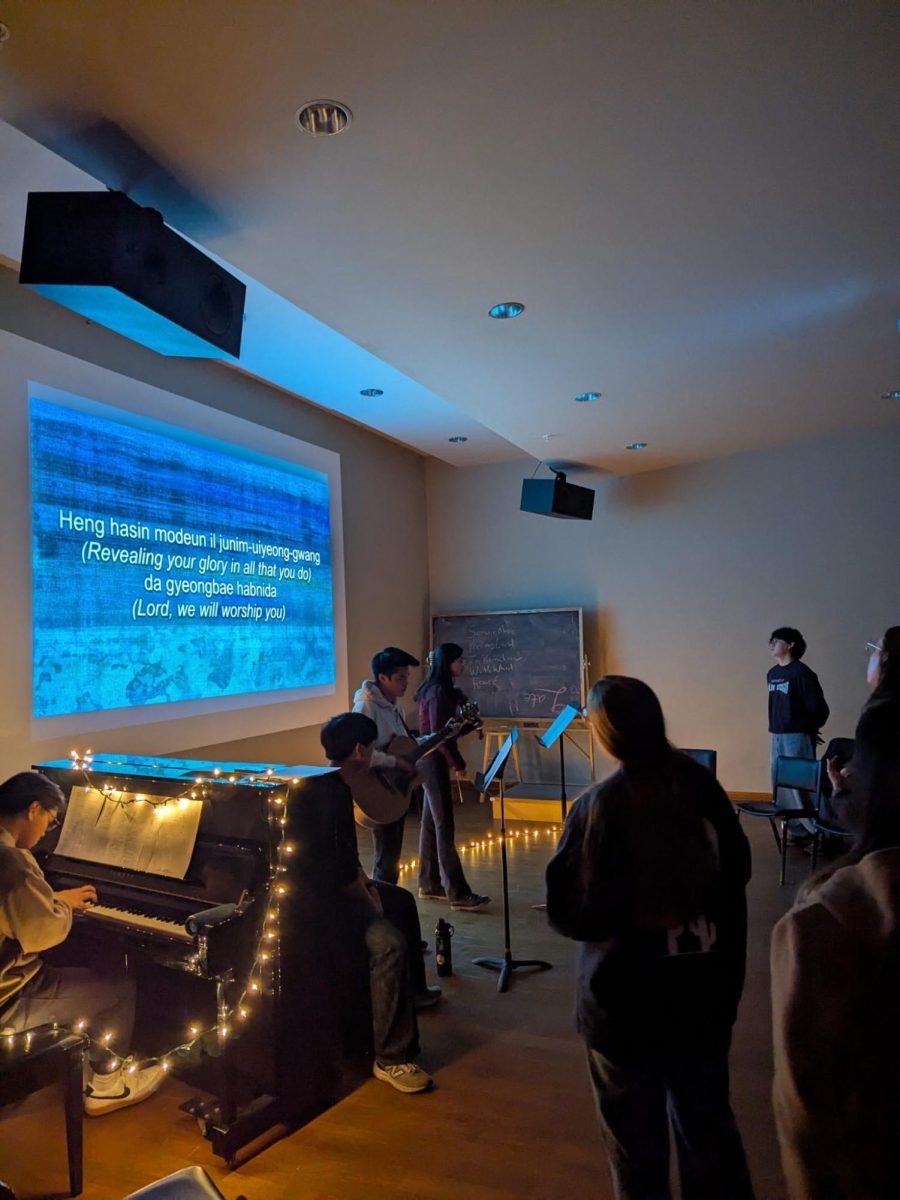Calvin currently requires its faculty to send their children to Christian schools. This requirement stems from Calvin’s core affiliation with the Christian Reformed Church (CRC), which values Christian education, according to provost Cheryl Brandsen.
“Part of that valuing of Christian education is grounded in the notion of covenant — the idea that raising children in the faith requires a community of believers,” Brandsen said.
Brandsen explained that much of the policy is rooted in the history of the CRC. Christian education was one of the reasons the CRC originally split from the RCA.
“It’s related to the Dutch rather than the CRC. There is a part that is tied up theologically. There is also a part that is tied up to Calvin being founded by the Dutch,” Brandsen said.
English professor Elizabeth Vander Lei said she believes in Christian education, but she is concerned about the reasoning behind the policy.
“I worry that the policy is our policy because of historic practices that were codified rather than compelling reasons or evidence,” Vander Lei said.
Professor James Bratt was a member of a task force committee commissioned in 2008 to evaluate the requirements. He said the committee struggled to move forward on this issue.
“Frankly, it was the recalcitrance of the past president. He was absolutely unflinching on this. President Byker would grant exceptions on a case-by-case basis, but as a policy he was unbending,” explained Bratt. “Historically, the rationale is that faculty are here to be consistently and holistically committed to Christian education. The reasoning is that sending your kids to Christian school is a follow through on professed commitment.”
Vander Lei emphasized the importance at looking separately at the ideology and policy surrounding this issue.
“There are two separate questions here. One is about the value of Christian education and the other is about policy,” Vander Lei said. “Many people argue for the value of Christian education, but value and requirement are two separate things.”
Psychology Professor Marjorie Gunnoe feels that the requirement serves as a gatekeeping function.
“The negative side of that gatekeeping is that there may be faculty that would be great for our institution [but] do not want to send their kids to a Christian school,” Gunnoe said.
Brandsen is comfortable thinking of the requirement as a gatekeeping function but is worried that it could become a litmus test.
“Christian school? Check. CRC? Check. Forms of subscription? Check. And if that’s all it is, then it’s a very thin description of what it means to be a reformed Christian college. There should be and there are richer ways to assess faculty commitment to a reformed tradition to education,” Brandsen said.
“As the CRC declines and as we have a number of good people applying for jobs from around the world, this Christian school requirement seems a little odd to them,” Brandsen said. “We have lost really good faculty — Christian people who are as reformed in their DNA as somebody who has grown up in Christian schools, and that is unfortunate.”
Gunnoe says this requirement is much more reasonable now that they provide assistance for education. The support Calvin offers to faculty is to keep Christian schooling expense to no more than 12% of adjusted gross income as reported on federal tax returns.
“I try not to complain too much about the requirement because the bottom line is, I am getting help sending my kids to Christian schools,” Gunnoe said. ”Mostly I feel privileged that I am getting help from Calvin to send my kids to a high-quality Christian school.”
Additionally, this policy has an impact on Grand Rapids. Gunnoe said that this policy keeps faculty in Grand Rapids because they send their kids to the schools in Grand Rapids. If they did not, she surmises, they would be more likely to live outside city limits.
Bratt agrees that the requirement benefits the city overall.
“Christian schools have had the odd and valuable side effect in that it has kept middle class and upper middle class families in the city,” Bratt said.
Brandsen envisions further discussion about this policy in the future:
“This is an important issue for the board to take up at some point. I’m not sure that it is the best manifestation of what it means to be a reformed Christian. It is an interesting conundrum.”
In last week’s town hall meeting with students, President Le Roy responded to a question about the policy by suggested that the CRC’s commitment to Christian education could be demonstrated in other ways.
“What if we were to fully subsidize the cost of Christian education to our employees? That’s one of the ways I’m trying to be creative,” said Le Roy.
In Bratt’s experience, the conversation is complicated:
“It’s a complicated issue because it’s a complicated spectrum. There are goods and defects on both sides.”
Correction: A previous version of this article stated: “Now nobody pays more than 12 percent of their children’s tuition.” It has been replaced with: “The support Calvin offers to faculty is to keep Christian schooling expense to no more than 12% of adjusted gross income as reported on federal tax returns.”







